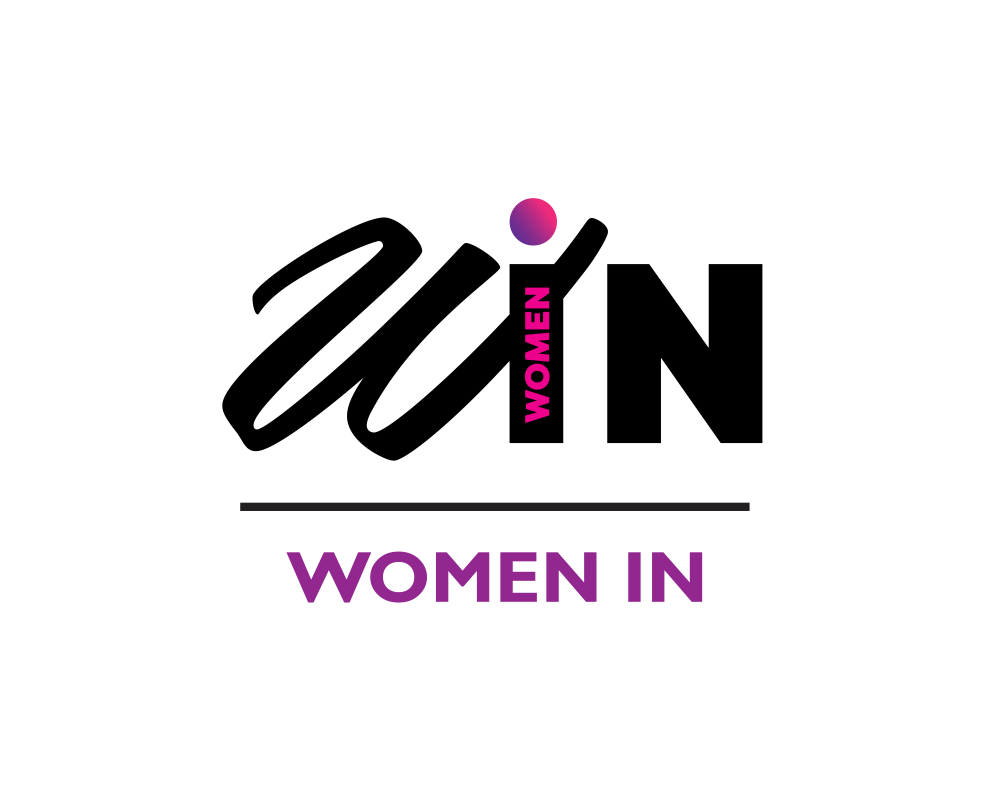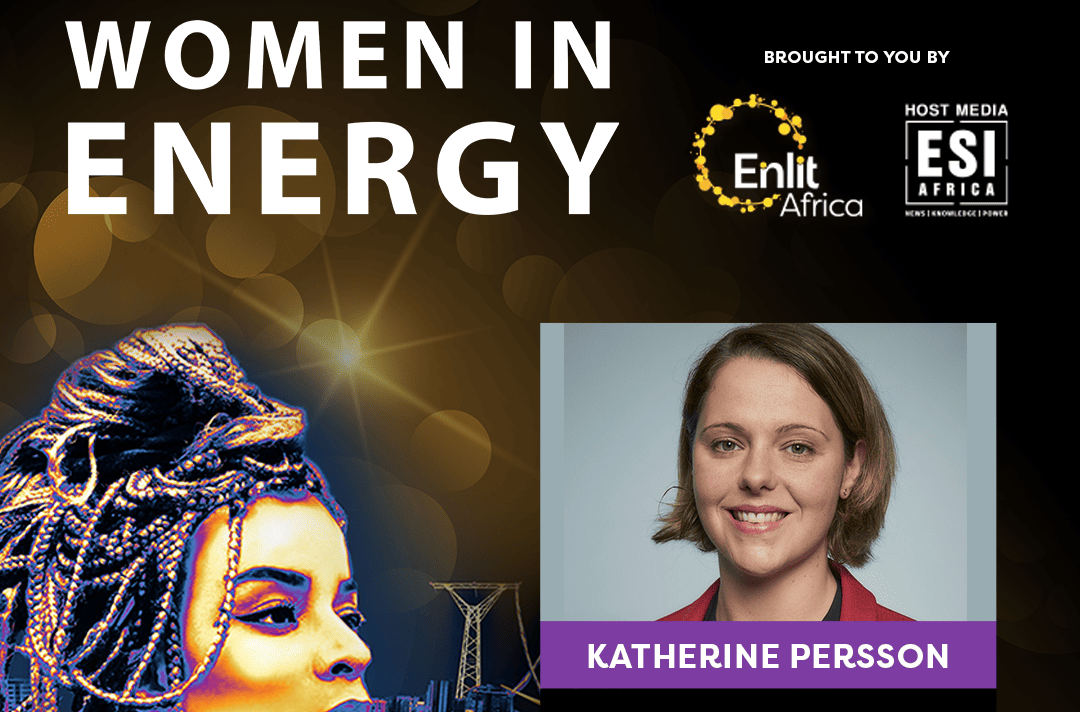Bio
Katherine is a renewable energy enthusiast with a remarkable track record of over 18 years of professional experience. Throughout her career, she has been at the forefront of creating and expanding renewable energy businesses and teams, predominantly in Southern and East Africa. Her expertise spans various crucial areas, including project development, project finance, project management, environmental management, stakeholder engagement, and asset management.
Graduating with degrees (BSc Hons and MSc) in 2003 and 2004, Katherine later complemented her specialist skills with valuable business acumen. In 2016, she graduated with distinction, earning an MBA from the prestigious University of Stellenbosch. This comprehensive knowledge has proven instrumental in her success as a leader in the renewable energy sector.
Katherine has enjoyed exposure to executive responsibilities in her corporate roles and has demonstrated her commitment to the industry by serving on the boards of the South African Wind Energy Association (SAWEA) and the South African Renewable Energy Technology Centre (SARETEC). She is a qualified director under the Institute of Directors in South Africa (IoDSA), further underscoring her commitment to professional excellence and governance.
Currently, Katherine holds the position of Head of SOLA Assets Pty Ltd at SOLA Group. In her role, she leads SOLA’s Project Development and Project Finance teams, as well as overseeing the Asset Management division. SOLA Group is renowned as South Africa’s leading provider of Solar PV and Battery Energy Storage Systems (BESS) under Corporate Power Purchase Agreements (CPPAs), with a particular expertise in large wheeling transactions. Prior to her time at SOLA, Katherine spent a decade working for the international wind energy developer, Windlab.
Katherine actively champions diversity and inclusion in the energy sector. She is a mentor to women in the industry, and an advocate for increased representation of women in executive positions. Outside her busy professional life, Katherine finds joy as a mother of two and is a renowned endurance open water swimmer, demonstrating her determination and tenacity beyond the boardroom.
Personal Questions
In your position at SOLA Group, what are you doing to support the careers of other women in the municipality?
At SOLA Group, we embrace the imperative of enhancing women’s development and promoting diversity, especially in our senior leadership positions. Our commitment to this cause is exemplified by our tailored women in leadership development program, which provides comprehensive business coaching to our talented female team members. Through this initiative, women in our organization engage in direct conversations with our executive team, actively shaping the future of our business.
Aside from our internal activities we also promote female development and empowerment in our projects. One example is that we are currently constructing two large solar PV plants where we have surpassed our own targets for the percentage of women in the workforce, with over 30% of the employees on site being female. It’s great to visit our site and see young women in positions of responsibility, supervising teams and providing top quality professional services in the construction sector.
In your opinion, why do you think the energy sector in its current state has less female representation and do you see it increasing?
The energy sector, like many other industries, faces a gender representation imbalance, particularly at senior and executive levels. Overcoming centuries of entrenched institutional and societal systems that limited diversity is an ongoing challenge. However, the encouraging part is that times are changing rapidly.
South Africa’s green energy industry stands out as a beacon of progress, actively fostering more opportunities for women. This positive shift is evident in the increased representation of women in senior management and executive teams across public, private, and non-profit organizations. Seeing this transformation is really exciting!
As we move forward, my hope is that young women considering a career in the renewable energy sector recognize the expanding space for them to thrive and contribute significantly. Times are evolving, and the path is becoming ever more exciting and promising for women seeking fruitful and rewarding careers in this dynamic field.
Industry Question
What recent legal or regulatory changes do you think have the potential to make a positive impact on energy access in Africa?
In South Africa, recent regulatory changes (specifically the lifting of the licensing cap by the energy regulator) have paved the way for exciting projects that provide renewable energy to corporate buyers under private Power Purchase Agreements (PPAs). The grid-connected renewable energy market was dominated by government-led procurement until late 2021, when SOLA Group entered into the first corporate PPA with wheeling, where SOLA sells renewable energy to Amazon and delivers this from a 10MW renewable energy plant in the Northern Cape, to Amazon’s facilities in Cape Town.
Since this breakthrough, SOLA’s success has soared, with the completion of financing and initiation of construction for two 100MW solar PV projects in late 2022, followed by another 100MW PV project in early 2023. Furthermore, 2023 also witnessed the conclusion of the first corporate PPA projects by IPPs involving wind energy.
These achievements signal the rapid opening up of the renewable energy market in South Africa and serve as a promising example for other African countries to follow suit. With the recent approval of the first license needed for the creation of a new National Transmission Operator by the energy regulator in South Africa, the stage is set for rapid market evolution. This creates diverse opportunities for both small and large businesses to play a vital role in resolving the South African energy crisis.
This ongoing transformation opens up numerous prospects for women-owned and women-led enterprises to participate in this crucial sector. Moreover, it presents young women with ample opportunities to enter and thrive in the renewable energy field, contributing to the development of a more sustainable energy future in the region.







